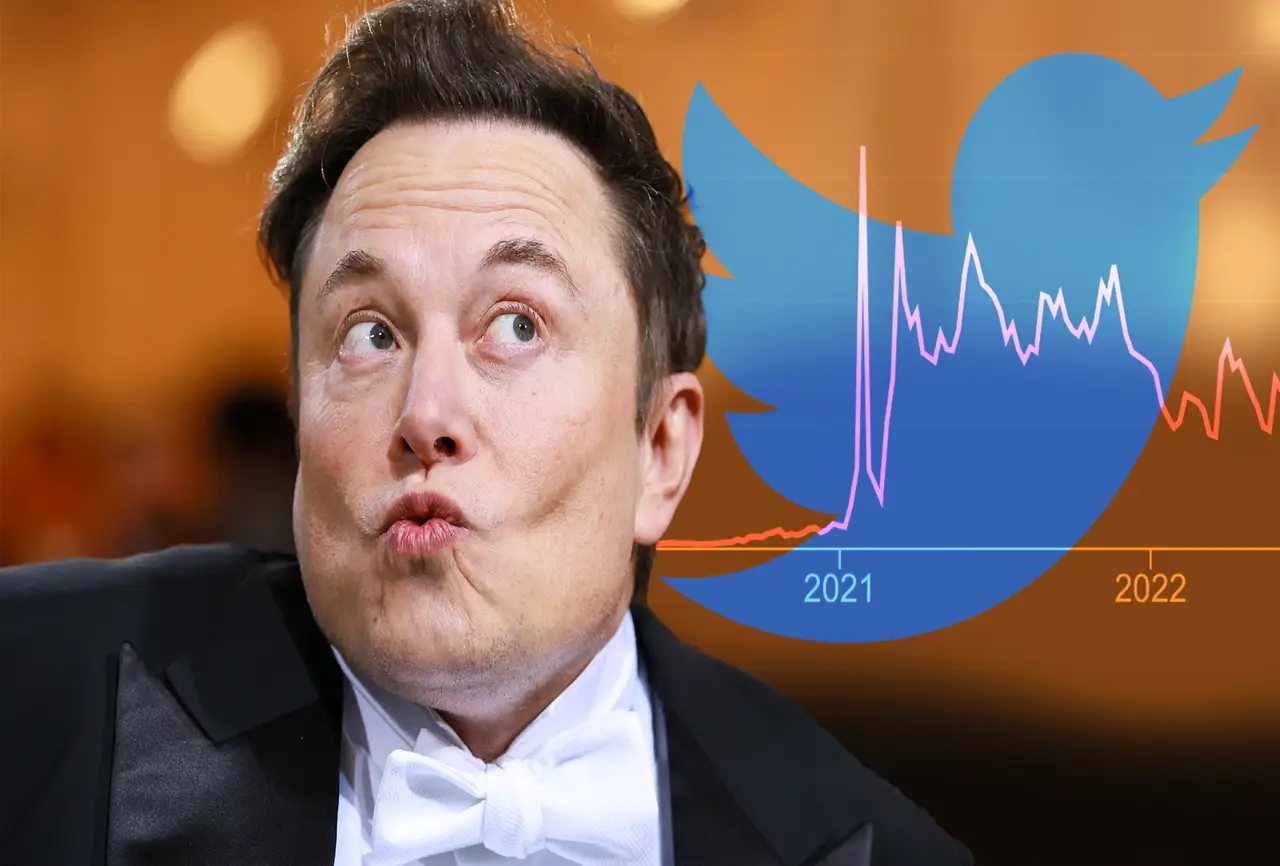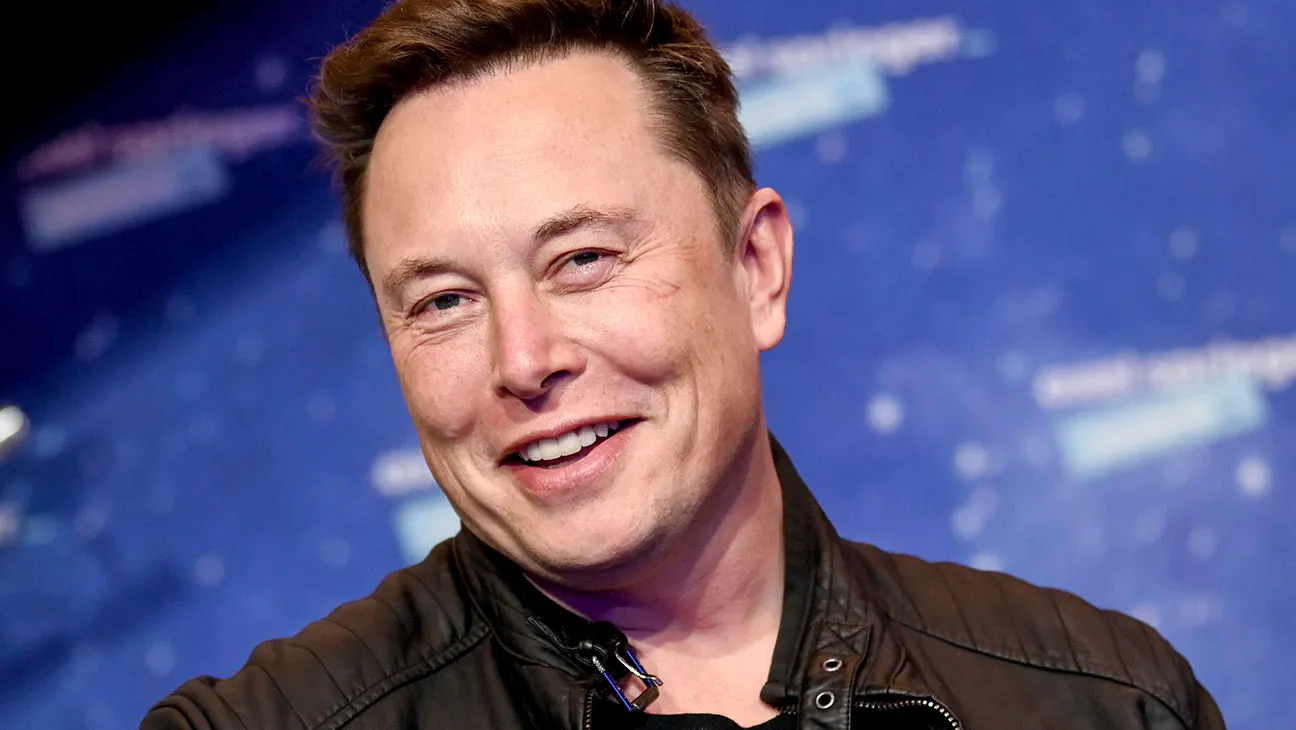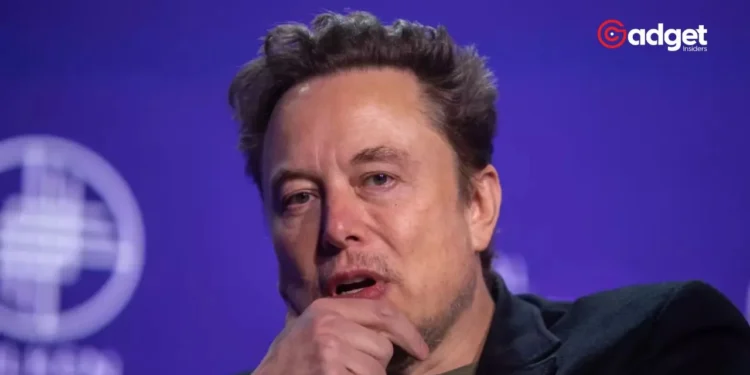Tesla, the trailblazing electric vehicle giant, finds itself navigating through turbulent waters as CEO Elon Musk’s aggressive job cuts ripple through the organization. With layoffs slated to persist at least until June, a sense of uncertainty has enveloped the company’s 140,000-strong workforce.
According to a recent report by Bloomberg, Tesla’s employees are teetering on the edge, their anxiety palpable, likening their workplace environment to the perilous scenes of the hit Netflix series “Squid Game.”

A Corporate “Squid Game”
In an eerie reflection of the fictional deadly competition, Tesla staff are metaphorically battling for their livelihoods amid Musk’s rolling job cuts. One of the employee described the psychological toll, humorously yet somberly comparing the situation to the Netflix drama, where characters are thrust into a merciless game of survival.
This vivid analogy highlights not just the fear of job loss but also the intense psychological strain on its employees.
Strategic Cutbacks and Financial Woes
The decision to reduce Tesla’s workforce comes in the wake of disappointing sales figures and mounting competition, particularly from Chinese automakers like BYD. Tesla’s vehicle deliveries in the first quarter plummeted by a fifth compared to the previous quarter and dipped over 8% year-over-year—the company’s first annual sales decline since 2020. In response, Musk initially proposed a sweeping 20% reduction in headcount, aiming to align the company’s size with its current business realities.

Reshuffling the Deck
Further complicating matters, Reuters disclosed that a significant restructuring within company led to the near elimination of the Supercharger team, after the division’s head resisted further layoffs. However, in a twist of events, some members of this crucial team were reportedly rehired following Musk’s reconsideration of their terminations.
Shifting Priorities Amidst Financial Strain
Tesla’s stock has suffered a substantial hit, tumbling about 30% since the beginning of the year, now valuing the automaker at just over $550 billion. Amidst these financial pressures, Musk denied rumors reported by Reuters last month that company was axing plans for a much-anticipated $25,000 model, instead prioritizing the development of a robotaxi. This pivot reflects a strategic shift towards potentially more profitable ventures, despite the broader organizational turmoil.

Tesla’s Challenges: Industry Impact and Employee Concerns
As Tesla grapples with these significant challenges, the impact of continued layoffs and strategic shifts will likely resonate across the industry. Competitors and investors alike are watching closely, as its decisions during these testing times could redefine its trajectory and influence the broader electric vehicle market. Meanwhile, for its employees, the hope is that the real-life “Squid Game” they find themselves in will not mirror the show’s zero-sum outcomes.










